The Center for the Study of Global Change created the Global Studies Positioning Series (GSPS) in 2011 as a brownbag lunch series to explore global phenomena. It brings scholars, practitioners, government officials, journalists, business people, and others together with IU faculty, staff, and students in an informal, collegial setting. GSPS is always free and open to the public. Attendees are welcome to bring their lunch and are encouraged to bring their perspectives!
Global Studies Positioning Series (GSPS)
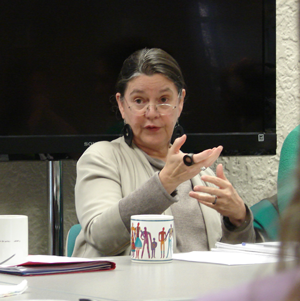
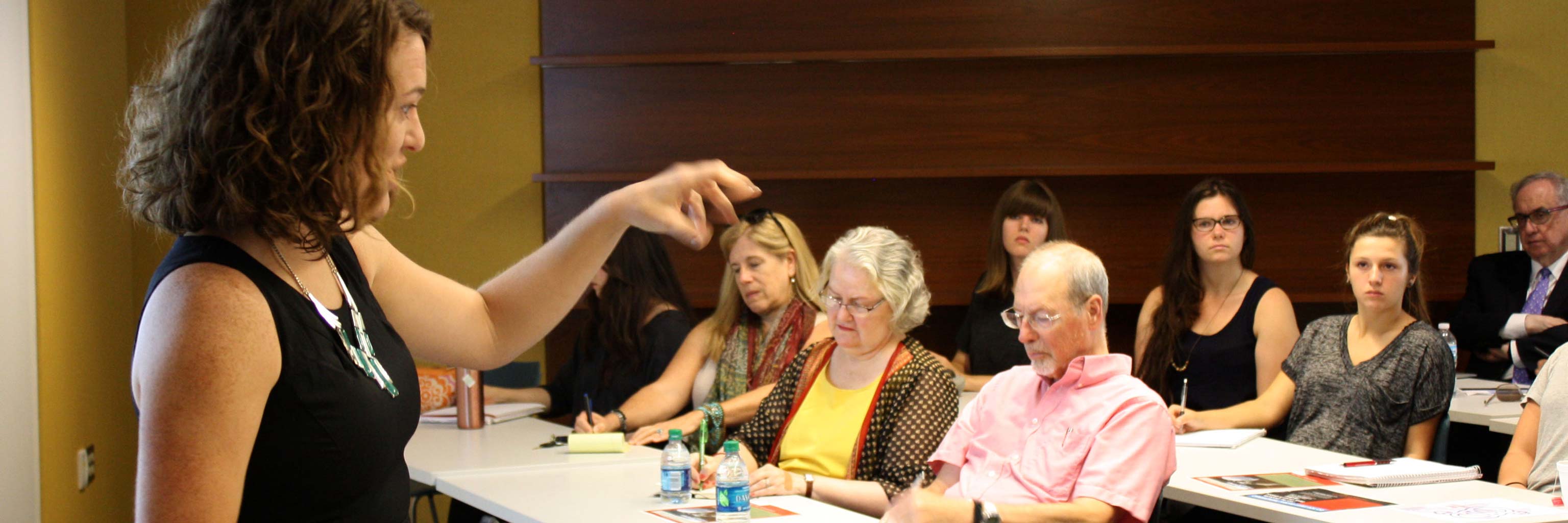
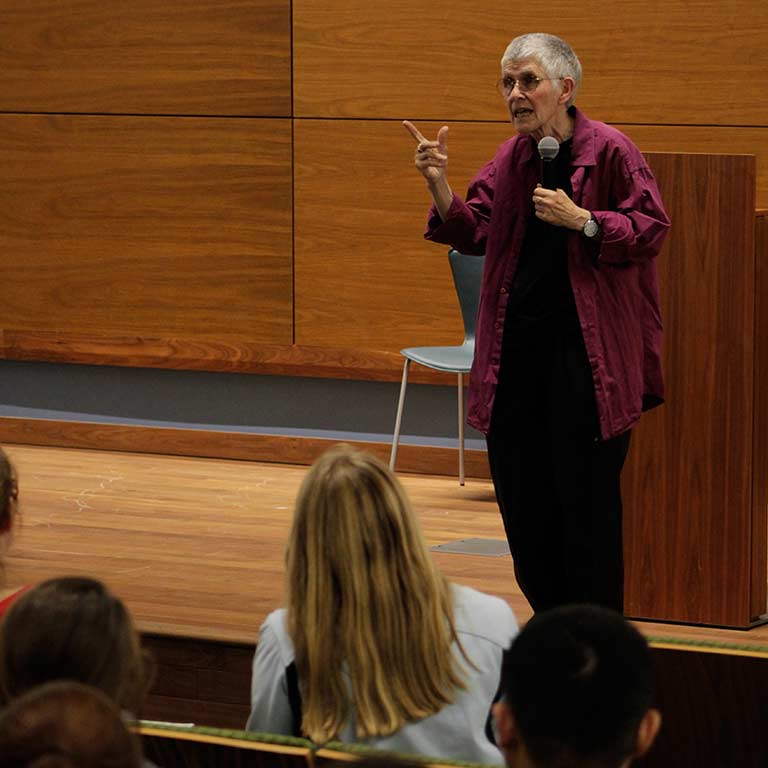
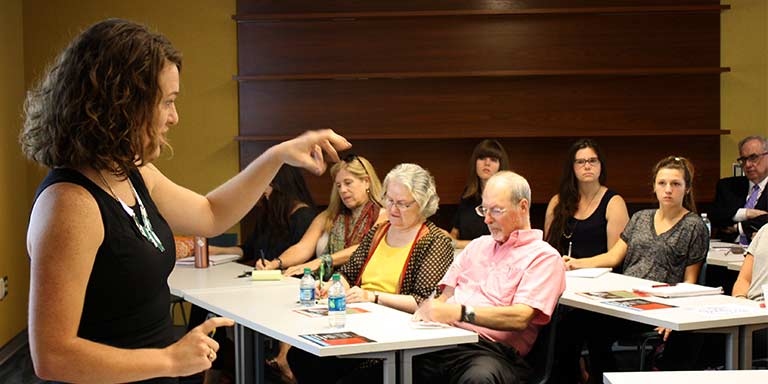
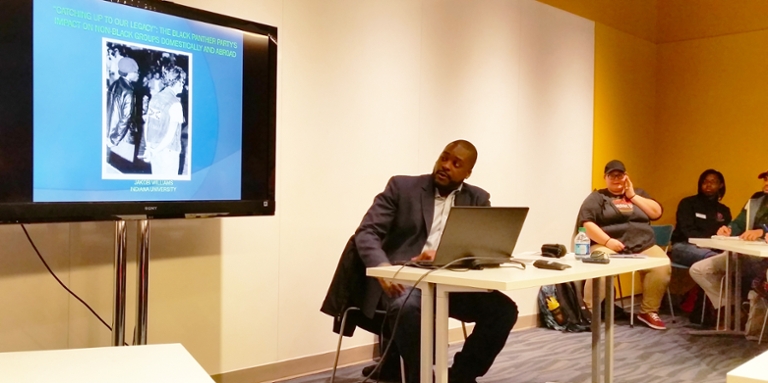
 The College of Arts
The College of Arts